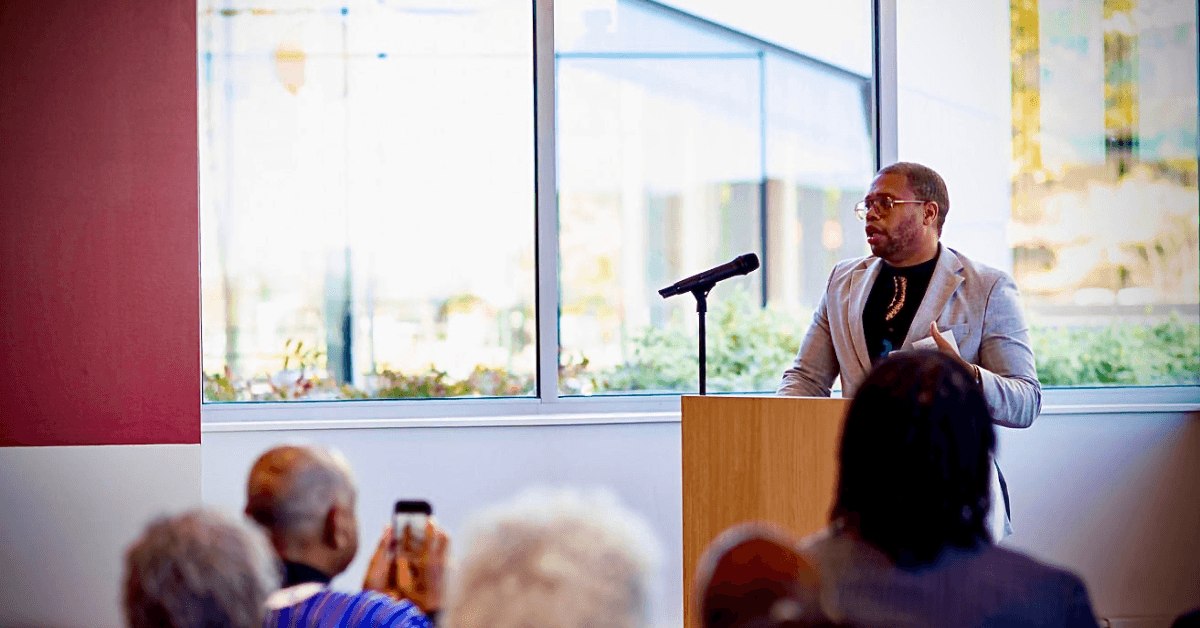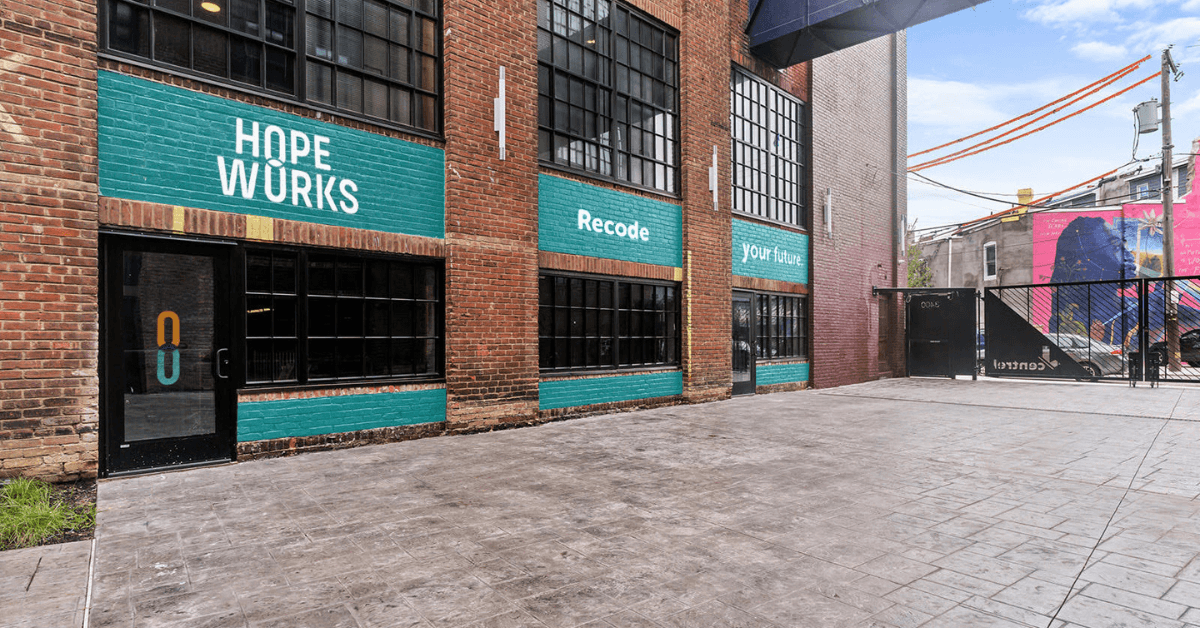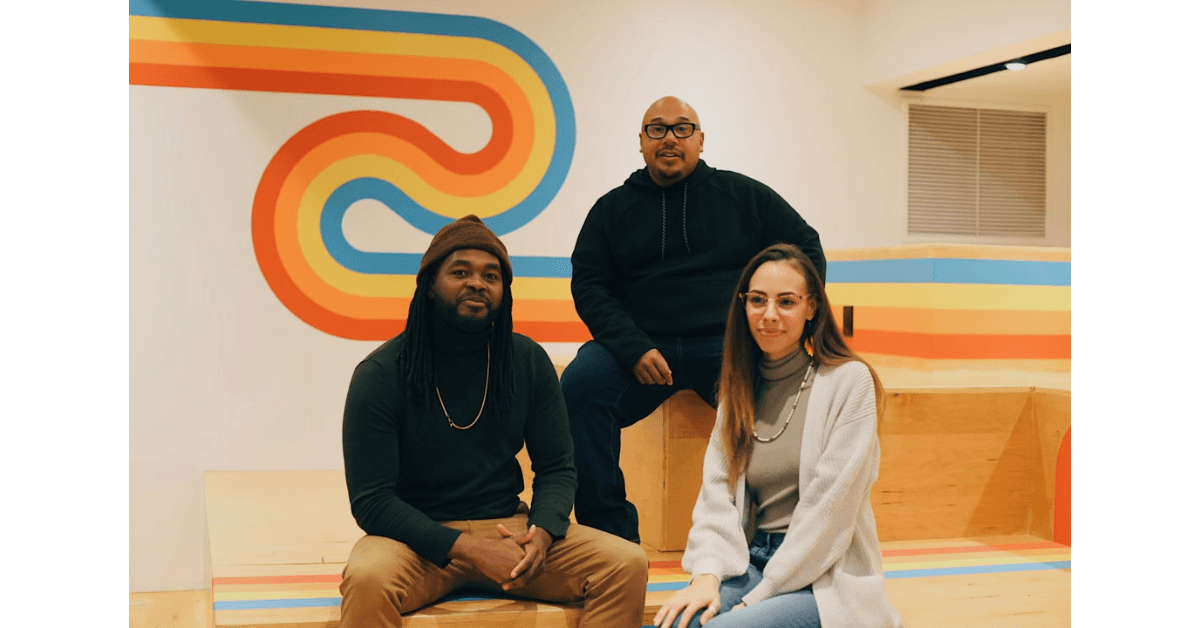KEY INSIGHTS:
- Philadelphia’s Office of Immigrant Affairs received a $450,000 grant to expand language services for Black immigrants focusing on Portuguese, French Creole and Swahili.
- Philadelphia is home to over 120,000 Black immigrants.
- Another project focused on the African and Caribbean communities is the development of Africatown, an economic development initiative, in Southwest Philadelphia.
Philadelphia’s Office of Immigrant Affairs (OIA) received a $450,000 grant from the city to expand a language access program to translate services for languages commonly spoken by Black immigrants in Philadelphia.
One in 10 Black people living in the U.S. are immigrants, and Philadelphia is home to a community of over 120,000 Black immigrants. The grant will be used to create translations of static content such as services and programs on the city’s website, phila.gov. Three of the priority languages include Portuguese, Haitian Creole and Swahili.
“We noticed that some communities were being overlooked because of the myth of being similar to other languages and Black immigrants were the ones most affected,” Maria Giraldo Gallo, the director of OIA’s language access program, told The Plug.
The office looked at English as a second language enrollment data from the School District of Philadelphia and at the most requested translation service from city employees, identifying Brazilian Portuguese as one of the most requested and underserved languages.
On the other hand, community and refugee resettlement organizations like African Family Health Organization have advocated for the need for more information in Swahili for several years, Giraldo Gallo explained, and she saw the need firsthand while working for the school district.
“I knew that was a priority despite not seeing that number in the census, which is where people go typically,” she said.
“They would insist that our African and Caribbean communities needed more representation and one of the languages they would prefer was Swahili. That’s not the only one, that is just the first step,” Giraldo Gallo said.
Southwest Philadelphia in particular is home to a large community of Black immigrants; the local non-profit African Cultural Alliance of North America is in the process of developing an “Africatown” in the community. The organizations received a $9 million state grant in 2022 to support the $16 million project to build a community center, banquet hall, health center and more.
As for Haitian Creole, some people receive translation services in French as default, but the office wants to acknowledge the needs of the Haitian diaspora in Philadelphia. In addition to the three new languages, the $450,000 city grant is being used to improve the quality of website translation for Chinese, French, Arabic, Russian, Spanish and Vietnamese.
“The Black immigrant experience expands much further than those three languages and even in terms of working with French, Spanish and even Arabic translations, we have decided to work with organizations that serve Black and Afro-descendant communities,” Kahlil Thomas, translation services coordinator at OIA, told The Plug.
“I think people have very specific ideas of what each of these language groups looks like and we’re really using this work to kind of challenge that,” he said. The majority of French speakers in Philadelphia are Black and the OIA wants to honor it is still different from French Creole.
Thomas, who is leading community engagement, said the office is going into communities where Black immigrants reside to ensure their voices are involved in the translation process.
“We sit down and we talk to them about various translations and things that we’ve done in the city and we take their feedback,” Thomas said. “A huge piece of the equity for us has been really treating our community members as experts and compensating them and honoring them for their expertise.”
The office has also reached the public through entities like churches and free libraries. The feedback is then taken to the city’s linguistic experts and translation vendors who will finalize translations this year. The hope is that the linguistic tools generated from this project, such as style guides and glossaries, can also be used outside of the city government.
The OIA also recently released a digital dashboard in collaboration with the Office of Innovation and Technology showing a percentage breakdown of the 85 languages the City provides translation services for through the Language Access Philly program. The tool is meant to help city agencies and offices better understand the language access needs of the people they serve.
Further down the pipeline the office wants to address the linguistic diversity of African and Caribbean communities, for example, some immigrants speak several languages but only select one on the census, while languages such as Swahili have several dialects.
“This is something that we as city government have largely kind of taken our own perspective on and ran with it in the past. So this is really an opportunity to give some of that power and some of that onus back to Black communities here in the city,” Thomas said.








